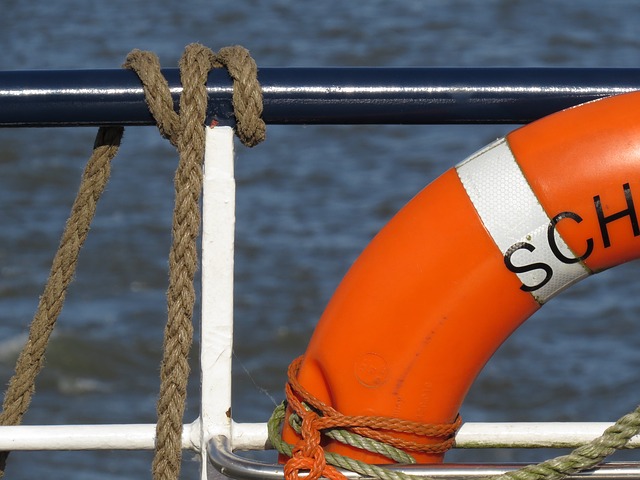- Maritime Cases
- Maritime Injuries
- Admiralty Laws
- How Claims Work
- During Your Case
- Hiring an Attorney
- Attorneys
- About The Young Firm
- Helpful Info
- Resources
- Client Portal Hub
Get Answers. Move Forward.
504-680-4100
 Once, a boat crew was running a “man overboard drill” on a Jones Act vessel and attempted to recover a dummy in the water. One of the seamen leaned over the railing to reach the dummy and fell into the water when the handrail gave way. The man overboard drill quickly became a real scenario. It’s important to treat safety drills as if they are the real thing, and there are certain tips you can keep in mind while running drills that will minimize the possibility of a maritime accident.
Once, a boat crew was running a “man overboard drill” on a Jones Act vessel and attempted to recover a dummy in the water. One of the seamen leaned over the railing to reach the dummy and fell into the water when the handrail gave way. The man overboard drill quickly became a real scenario. It’s important to treat safety drills as if they are the real thing, and there are certain tips you can keep in mind while running drills that will minimize the possibility of a maritime accident.
If you don’t have a personal floatation device, you’ll have to tread water or float. Floating will conserve the most energy – you can either float on your back with your arms and legs extended to the side and your head above water, or you can save even more energy with the survival-float (less encouragingly known as the dead man’s float).
To perform this float, do the following:
Unless you’re a strong swimmer, you could have difficulty treading water. If you become cold, pull your knees to your chest. By keeping your body in a small ball, less heat will escape.
The ship is required to make a reasonable rescue effort to recover you. The smaller the boat is, the more likely that your fall overboard will be quickly noticed by the crew.
To stay safe during drills:
Proper Training is Vital for Your Safety and Your Injury Claim
As a crewmember aboard a Jones Act vessel, demonstrating your own familiarity with safety protocol is useful in proving the negligence on the part of the vessel owner should you ever decide to pursue a maritime injury claim. It’s your employer’s responsibility to make sure all crew is properly trained so if an accident occurs, this will be one of the first procedures that are investigated.
Contact The Young Law Firm
Maritime law provides you with certain protections your employer may not want you to know about. Just like ocean accidents require the attention of a federal body, the Coast Guard, maritime accidents fall under federal law. A maritime law attorney from The Young Law Firm in New Orleans, Louisiana, can help you if you have suffered boating accident injuries, an offshore accident or other injuries that fall under maritime law or the Jones Act. Though we are based in Louisiana, we are ready and able to help injured victims throughout the U.S. Order our free Maritime Injury Law guide and/or our guide to what to do when you are injured offshore to learn all about your rights as an injured worker.
When you are ready to get started with your Jones Act injury case, we urge you to contact us today for a FREE case evaluation – call toll-free at 504-680-4100.
More articles on accident prevention: